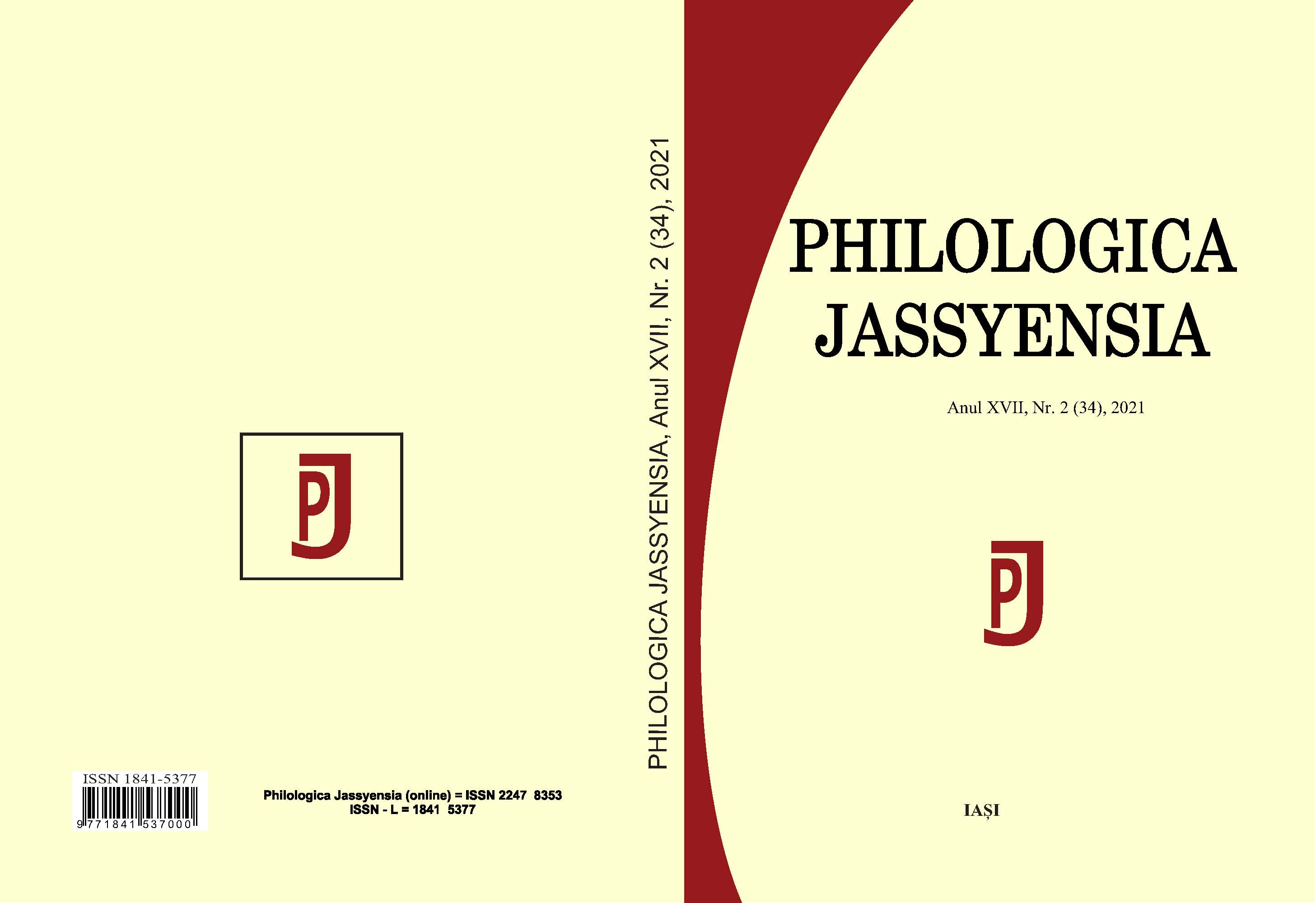Transpunerea traumei în limbaj în romanul lui Ștefan Baștovoi, Iepurii nu mor
The Transgression of Trauma through Language in Ștefan Baștovoiʼs Novel, Rabbits Donʼt Die
Author(s): Sandra-Bianca BocșaSubject(s): Psychology, Romanian Literature, History of Communism
Published by: Editura Tracus Arte
Keywords: childhood; communism; memory; trauma;
Summary/Abstract: Beginning from the starting point that trauma – a phenomenon with many possible implications, which permitted interdisciplinary approaches – is defined through its nonsymbolized character (Julian Wolfreys), this paper proposes a critical analysis of Ștefan Baștovoiʼs novel, Rabbits Donʼt Die, with the premise that language is an expression of trauma in this piece of literature which reconstitutes a totalitarian world. In this way, this study investigates the traumatic experience of childhood in communism, identifiable in the novel on three distinct levels in this epic discourse. The first level shapes the external reality and is centered around the idea of school, an institution responsible for the formation of the new man, while the second level deals with the interior drama of the formative years of the child, who loses the fight with the system, as well as himself, missing his destiny of the ʻhero-pioneerʼ and, without the possibility of undoing the ideology, cannot assimilate it, which proves to be a traumatic experience. Consequently, the third level acts a way of exorcism of this permanently painful experience, writing being a way of sublimating the trauma.
Journal: Philologica Jassyensia
- Issue Year: XII/2021
- Issue No: 2 (34)
- Page Range: 117-124
- Page Count: 8
- Language: Romanian

